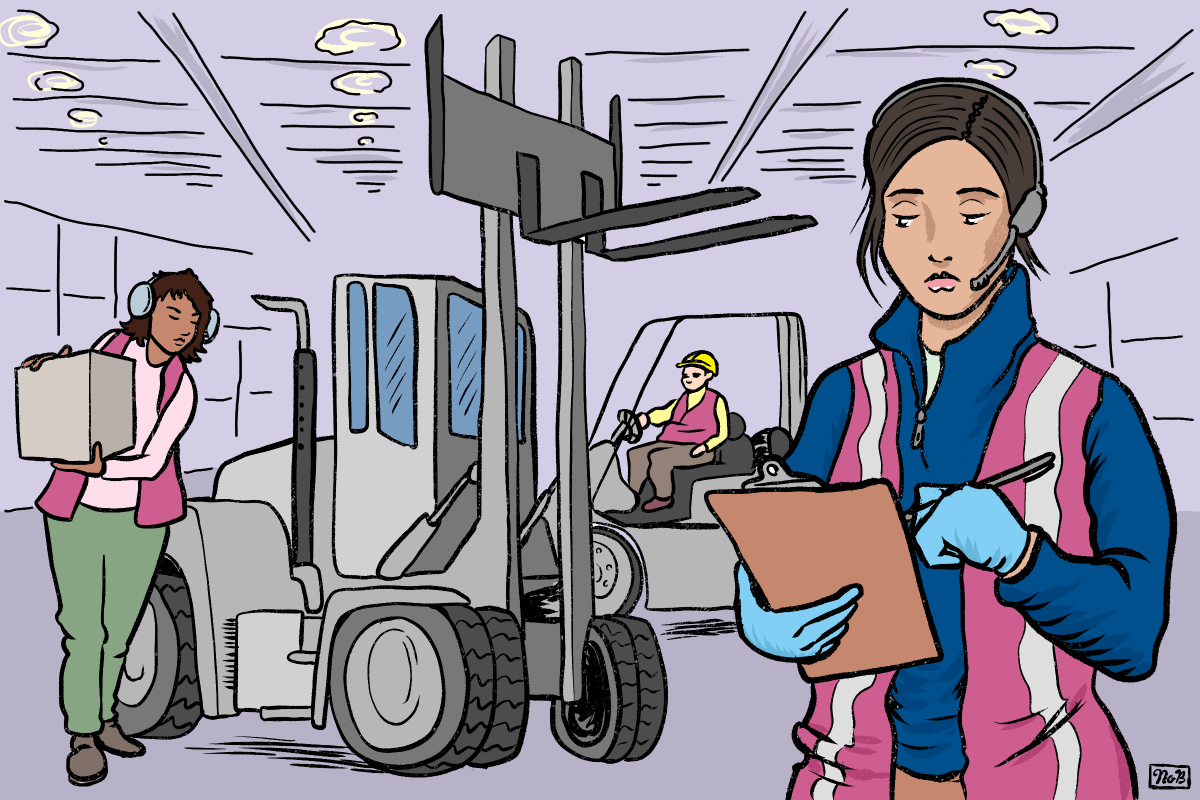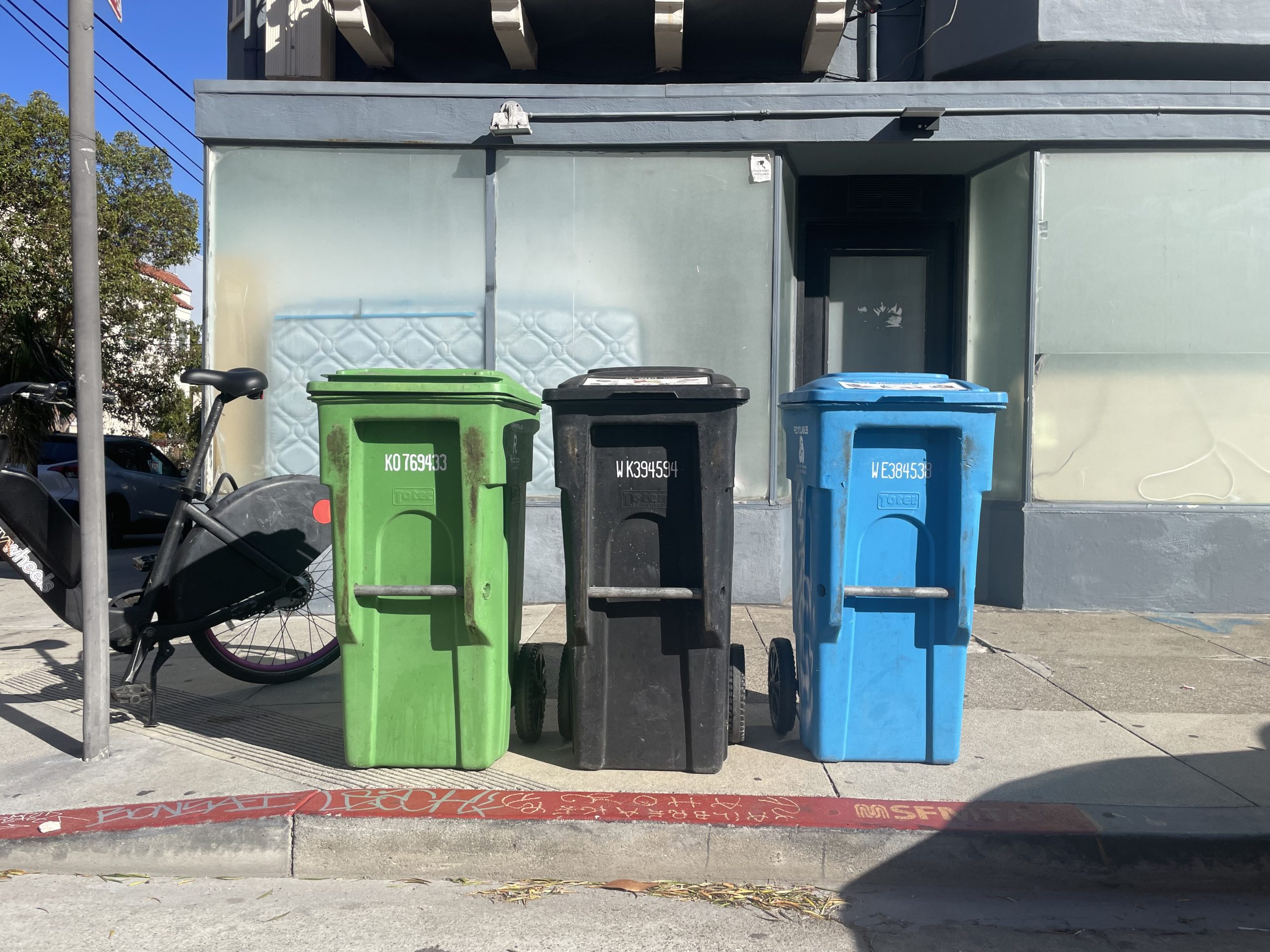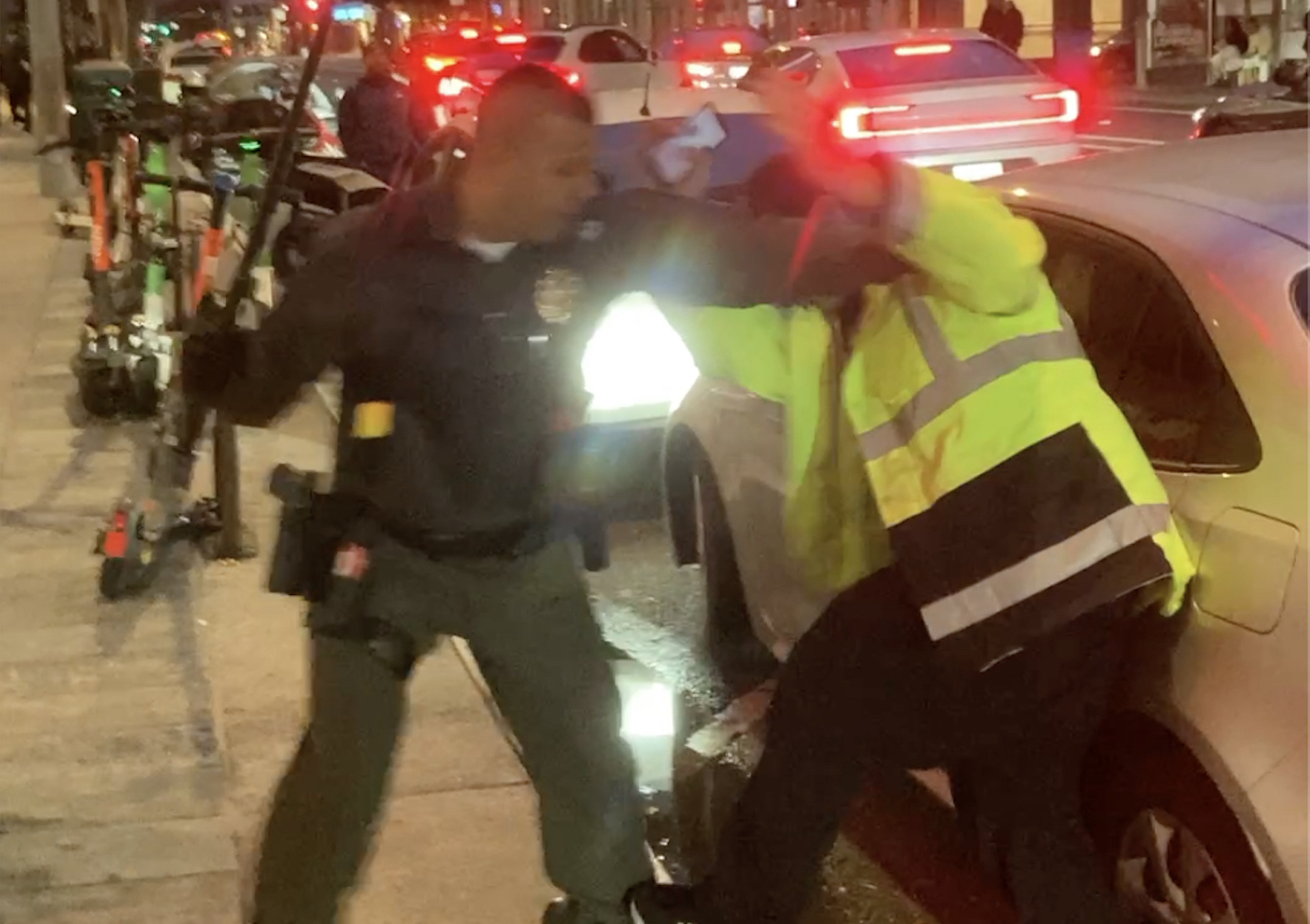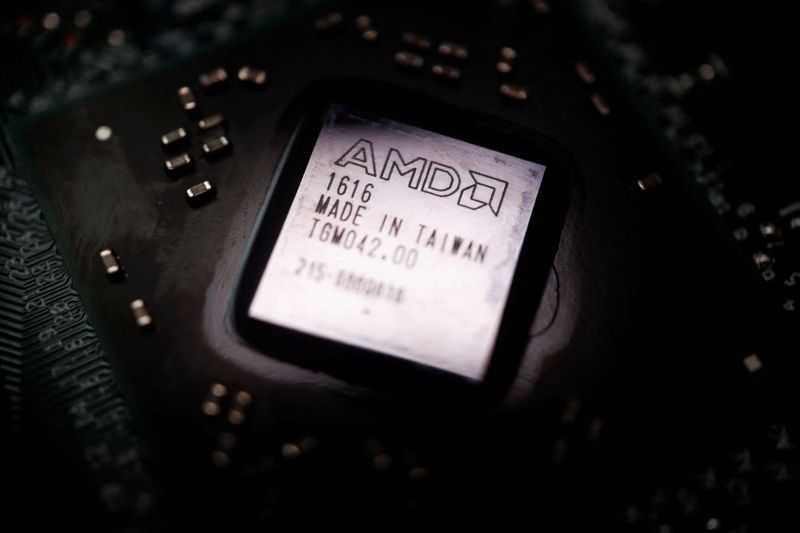[ad_1]
Youth advocates and community groups sent a joint letter to the San Francisco Police Commission on Wednesday requesting that a potential new policy on how police interact with juveniles further limit the use of handcuffs. It also asked that officers default to the least restrictive response possible when dealing with youths.
At present, the draft policy gives officers discretion on whether to handcuff youths being taken to non-jail facilities. It allows youths to be handcuffed until a search can be conducted by their preferred gender of officer. Juveniles may also be handcuffed to a stationary object for a maximum of 30 minutes, with room for extensions. There is no other mention of when to use handcuffs.
The policy has long been planned in group meetings that have included police commissioners and other stakeholders, including the nine groups that signed onto today’s letter.
The new version of the policy, which would replace one approved in 2008, takes a more trauma-informed approach than the prior one, but the groups that signed the letter said it does not go far enough.
“We believe that revisions … are long overdue and commend the San Francisco Police Department on its efforts to update this policy,” read the letter, signed by youth groups like Huckleberry Youth Programs, Legal Services for Children, Instituto Familiar de la Raza, and the Public Defender’s Office.
“However, further revisions are needed, as portions of the current proposed version are out of compliance with the law and out of step with best practices in the field.”
The groups’ recommendations note the harms of handcuffing youths.
“The [policy’s] procedures for criminal offenses for youth 12 years or older have improved,” the letter reads, but adds that any new policy “must go further to guide members in pursuing alternatives that are less restrictive than arrest and incarceration.”
At present, the new revisions do include an introductory statement that officers should “strive to take the alternative that is least restrictive to a youth’s freedom of movement,” as long as that is in the youth’s and the community’s best interest.
“Youth, particularly those who have experienced trauma, special needs, or developmental challenges, may have a challenging time exercising self-control, have heightened anxiety, and are less likely to trust unfamiliar adults including law enforcement,” the policy reads in the “purpose” section of the policy. “Misperceptions about youth of color (including perceiving them as older than they are) by media, law enforcement and the general public have historically led to disparate outcomes.”
The policy bars officers from engaging in “unnecessary conversation” or questioning a minor until they have spoken with a lawyer and been advised of their right to have a parent or other adult present.
The change brings the policy into accordance with a city ordinance, passed in 2019, that requires juveniles to consult with a lawyer before they can waive any Miranda rights.
The current juvenile policy, in effect since 2008, only requires that officers inform the juvenile that they may have a parent or lawyer present during an interrogation — but the child must request their presence.
The drafted policy also states that youth 13 or younger cannot be handcuffed or kept in a locked room, and cannot be kept by police for more than six hours. If a child 11 or younger committed a violent crime like murder or rape, they are to be sent to Juvenile Probation Department custody.
If the youth is 14 or older, and presents a “serious security risk” of harming themselves or others, they can be handcuffed, but still should not be kept for more than six hours.
The youth advocate groups recommended several additional requirements such as supervisor approvals and adequate supervision they said are required under state law.
Depending on the nature of their crime, those 12 or older will be transferred to other youth custody groups like the Juvenile Probation Department or the Community Assessment and Referral Center.
Though both the 2008 version and latest draft of the policy both require “reasonable” access to toilets and water, or snacks if the youth hasn’t eaten in four hours, the advocates demanded more in today’s letter.
They want unconditional access to toilets, drinking water, language services, disability services, and menstrual products, and snacks, blankets and clothing as needed.
These changes, the group said, would bring the policy into compliance with state law. These recommendations were already made in a prior letter some of the same advocacy groups wrote in March.
During a mass arrest of juveniles during the Dolores Park Hill Bomb event last year, children reported being detained in the street and not given extra clothing or permitted to urinate for hours. Some allegedly urinated on themselves.
Four of those youths filed a lawsuit against the city in December, and said in it that they used a bucket dropped down to the street by a concerned neighbor.
Commissioner Kevin Benedicto, who said he has been working on the draft with Commissioner Jesús Yáñez, said a final draft should be before the commission in November.
You can read the letter and draft policy here.
[ad_2]
Source: missionlocal.org






